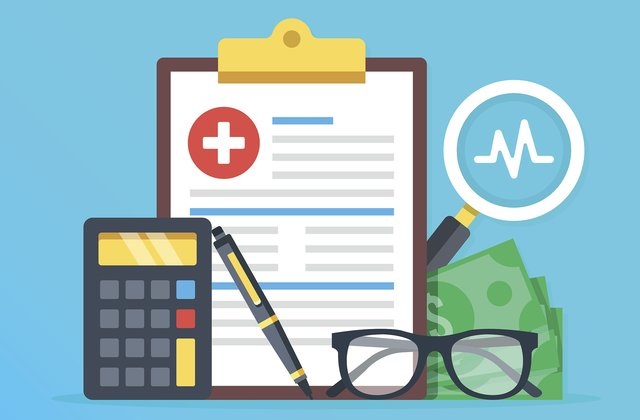Many people become wary as they get to know that they need to undergo a pre-entrance medical check-up before buying a health insurance plan. It is observed that due to lack of awareness people avoid medical check-ups. In addition, they know that medical test might be required but do notunderstand why it is required. Let us know about the reason for pre-policy or pre-entrance medical examinations.
What are the pre-entrance medical examinations?
In India, health insurance companies expect a customer to undergo a medical check-up before a company grants them the policy. The check-up is required to understand the following things of a customer – age, whether tests are mandatory or if he/she has opted for a higher amount of coverage that might increase the risk of the insurance company.
What kinds of tests are conducted?
Insurance companies have different underwriting policies for the insured to ascertain medical risk. The tests to be conducted are set in a certain grid. The age and amount of coverage opted for are the two parameters of the grid. More tests are required for higher age and high coverage amount. Following are some common tests which include fasting blood sugar, blood pressure, complete blood count, ECG, routine urine analysis, lipid profile test, blood serum test, etc.
Who bears the cost of the examination?
Insurance companies bear a certain percentage of the cost of medical check-ups as per the Insurance Regulatory and Development Authority of India (IRDAI) provided the person passes the test. However, if a person fails the pre-medical test then the company does not pay for it.
What happens after the test is completed?
The proposal of insurance is accepted if the test results are satisfactory. However, if the result shows an ailment then the following three scenarios may happen.
If the result shows an ailment then the proposal is accepted with a higher premium cost. If the severity of the ailment is not high then the insurance company includes it within the scope of coverage after increasing the premium accordingly. For the entire duration of coverage, the amount of premium payable increases.
With an ailment in the result, the proposal is accepted with permanent exclusions. The underwriters of the insurance company may consider the detected ailments as dangerous. In such a case, the insurance company with the condition accepts the proposal that the ailment measured as risky will be excluded permanently from the scope of coverage. Thus, for any contingency due to the excluded ailment, the insurance company holds no liability for the relevant medical bills.
The proposal might get rejected if the insurance company found an ailment in the result of pre-entrance check-ups. The insurance company may not accept the proposal if they found the ailment to be very risky where medical contingencies are bound to occur at frequent intervals.
It is always wise to go through the policy wordings of any general insurance plan before you proceed to buy it. Understand the specific terms and conditions set by the company for policies and the evaluations conducted pre-policy purchase.
How will you know the insurer’s decision?
The insurer informs the customer as the results are analyzed. The company is informed if the proposal is accepted without any conditions and is provided with all required policy documents. In case of an adverse report, the insurer makes a counteroffer and intimates the course of action deemed fit by the company. If the customer accepts the conditions asked by the insurer, then the policy is issued.
Should you go for pre-medical tests?
Insurance companies insist on medical check-ups if the age of the customer or the amount of coverage is high. In both cases, the insurer considers the customer as a high-risk factor. Therefore, insurance companies ask for pre-entrance medical check-ups before buying family health insurance or an individual policy.




